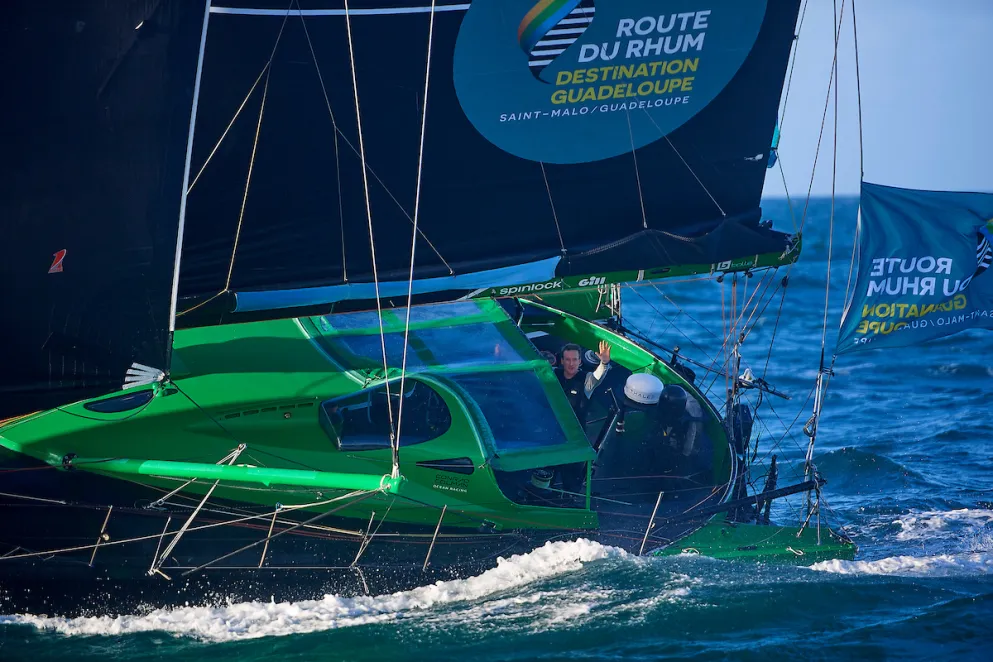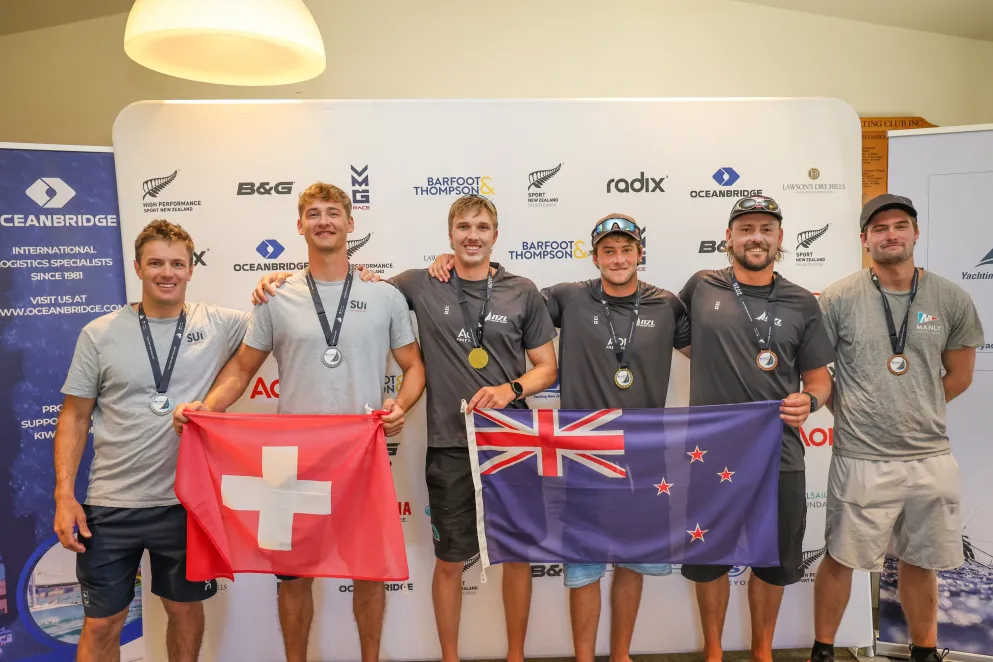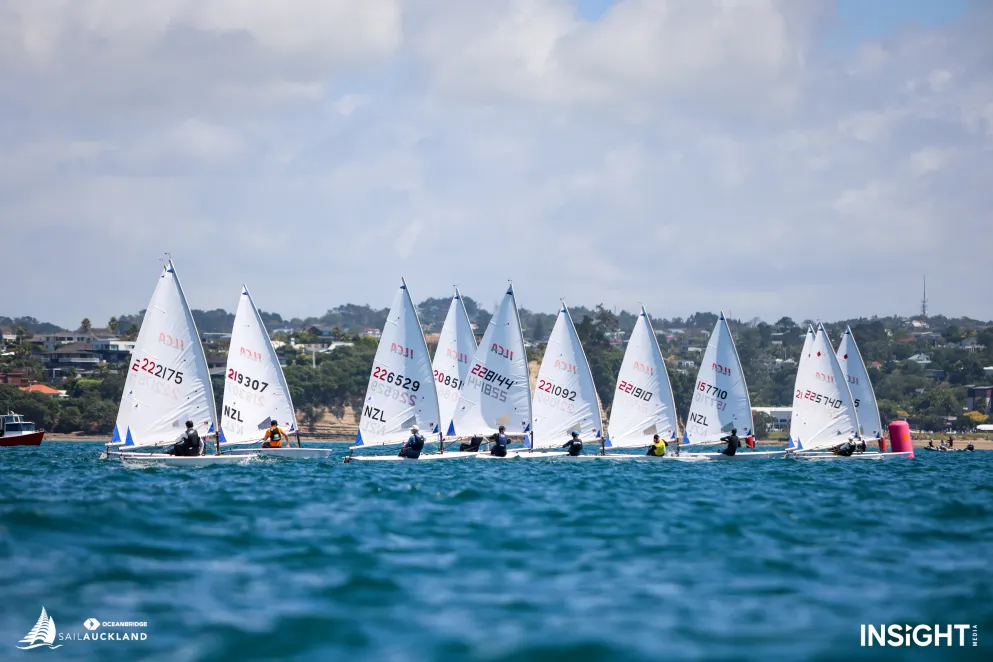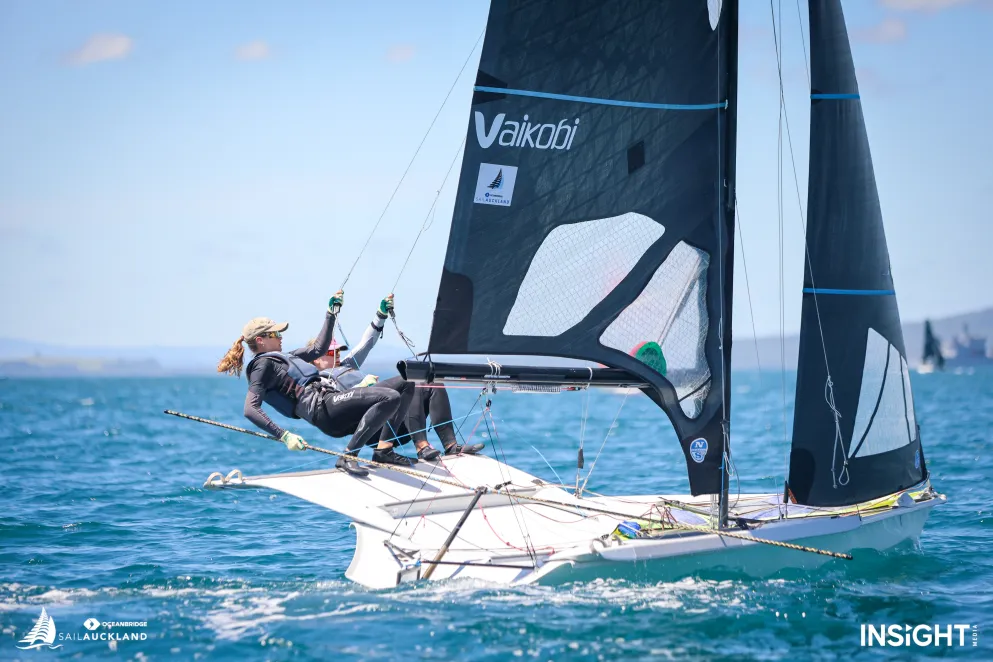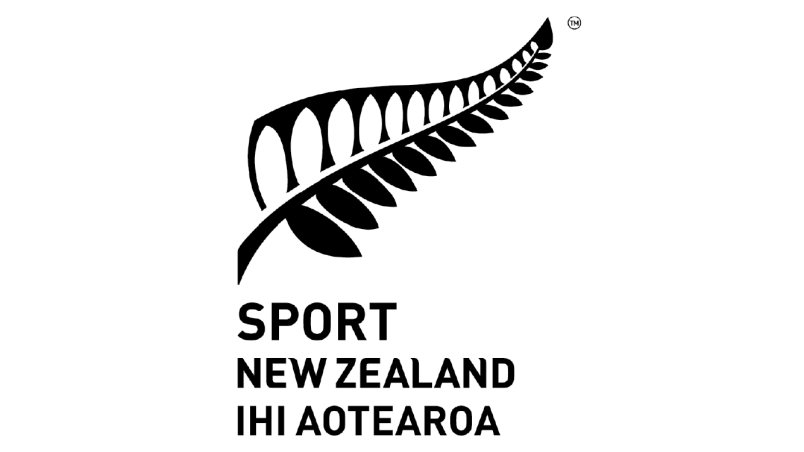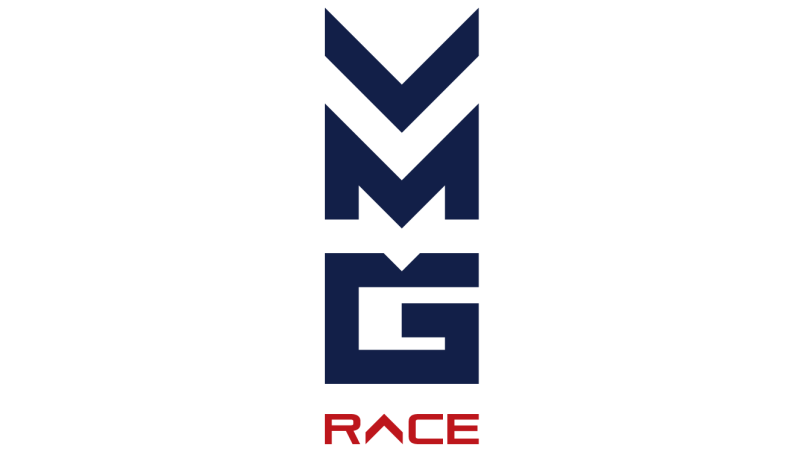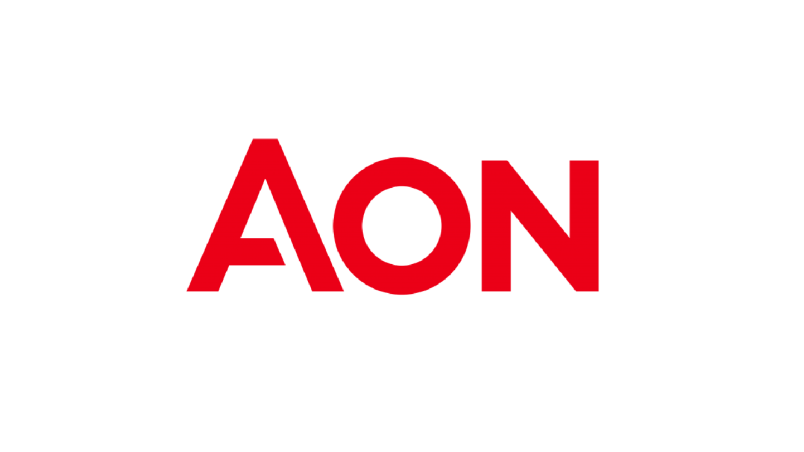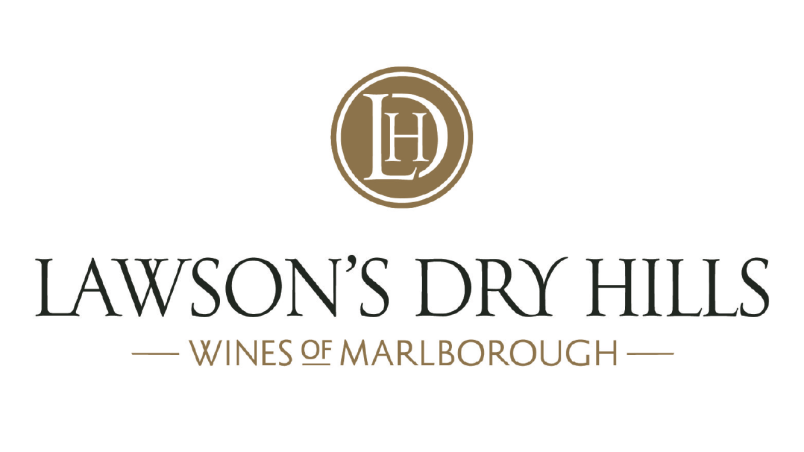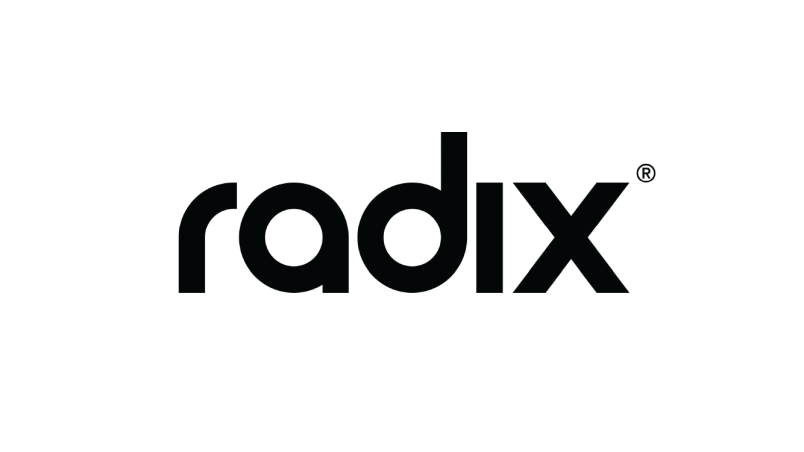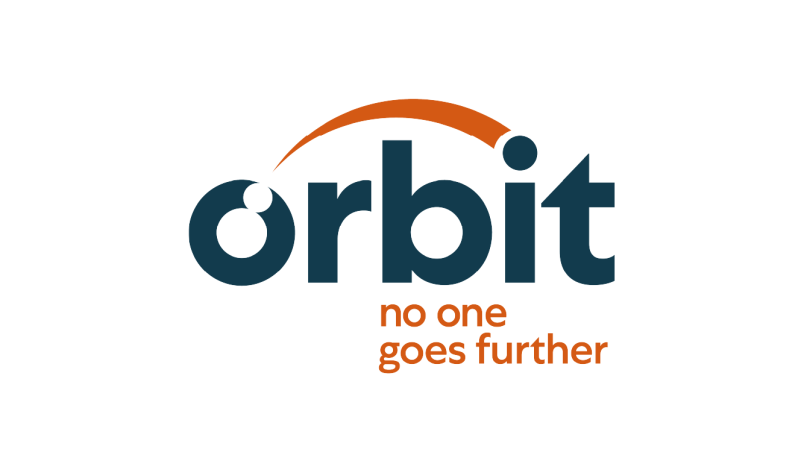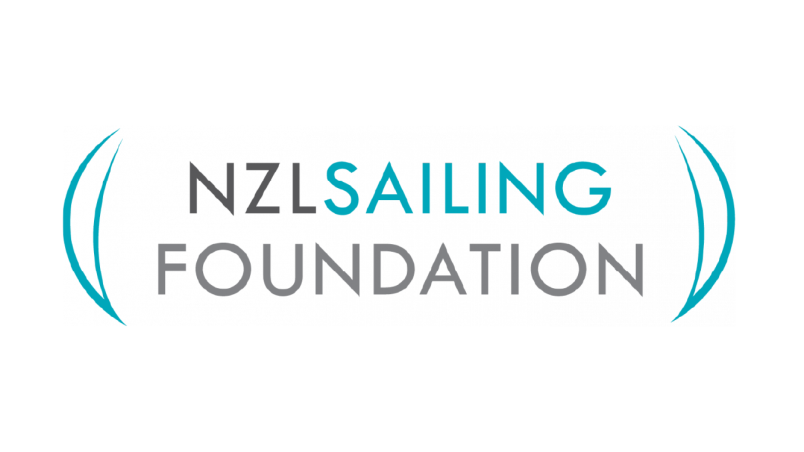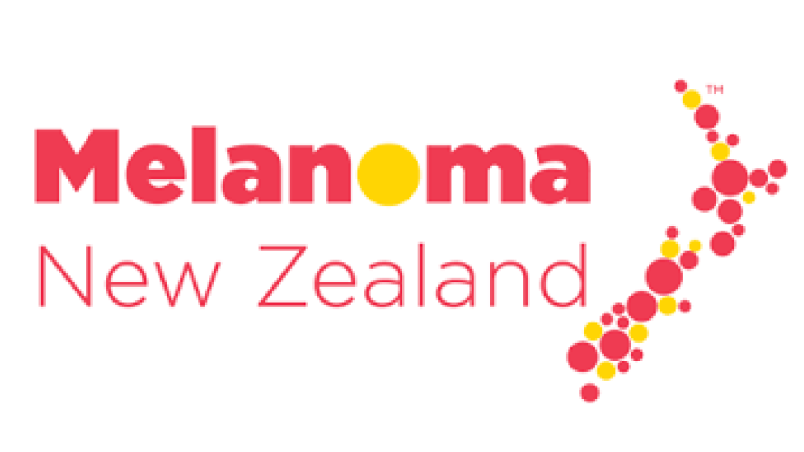Vendée Globe hero Colman at career crossroads
The racing apart, the big headlines in the IMOCA class these days are almost always about new boats, new sponsorships, even new team structures.
Less is heard about the skippers who are fighting to survive in boats at the older end of the fleet, for whom finding sponsorship to underpin their Vendée Globe campaigns is like panning for gold.
One of them is the 39-year-old New Zealander who also holds American citizenship, Conrad Colman, and it is strange that he should be in this category. That’s because it is hard to think of a more complete candidate in the IMOCA ranks for full title backing from a major international company, either based in France or elsewhere.
Colman has a properly impressive sailing CV. He has raced around the world three times, including completing the 2016-17 Vendée Globe in 16th place. He was the first Kiwi to achieve that feat, as he was the first New Zealander to enter the Figaro or compete in the Route du Rhum-Destination Guadeloupe. What is more, he is right on the money when it comes to climate change – Colman was the first skipper to finish the Vendée Globe without using any fossil fuels.
Listen: Conrad Colman on Yachting New Zealand's Broad Reach Radio podcast
In addition to his achievements on the water, Colman is a fluent French speaker and an excellent communicator who worked on the last Volvo Ocean Race as an expert summariser and analyst, helping to explain the race to non-sailing audiences.
Added to all this, is the fact that Colman has demonstrated his total commitment to his dream of competing in the next Vendée Globe, by taking out an €800,000 ($1.38 million) loan. This financed his purchase of Imagine – a VPLP Verdier design from 2007 – and his participation in all the IMOCA Globe Series races in 2022, including the Route du Rhum, in which he finished in 18th place overall and fourth in the daggerboard division.
Yet still, this likeable and modest Kiwi, who admits that the loan hangs heavy over his life and even interrupts his sleep, is without the support he needs.
“Never more so, have I been such a complete candidate,” Colman said. “No one is putting my experience or my ability to run these campaigns into question. Even with a boat that is a lot slower on paper, I’ve still done a very good job on the water this past year.”
Discussions with possible sponsors or partners are continually on-going, but Colman says a failure to secure title backing by July, to underpin an operational budget of around €600,000-a-year, is now putting his whole 2024 Vendée Globe campaign and his 2023 season in jeopardy.
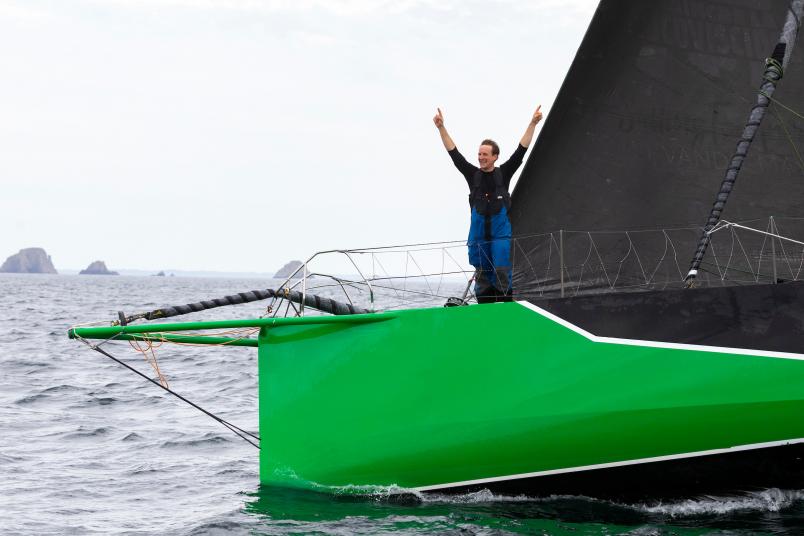
At times a deal has felt close, but Colman has found he is at the mercy of forces he cannot control.
“The idea was to do the 2022 season and show the potential of what I could do and then use that opportunity to sell sponsorship,” he told the Class this week.
“We made really good progress with that and had a number of companies that were really interested – particularly on the back of a strong Route du Rhum - Destination Guadeloupe, which featured good communications and a pretty good ranking. But then the bottom fell out of the economy and the companies we were talking to were in the tech sector in America which has been particularly upset of late.”
Colman is at the frontline in IMOCA terms, trying to speak to the wider world about what this class is about, and what the Vendée Globe and its qualifying races means and represent to the people who take part and to those who support and follow them.
“It’s tricky as an English-speaking, France-based international skipper,” he explained. “My card to play in this area is to bring international companies, who have a France presence, into this world to try and increase the exposure of ocean racing and also open up our world to a bigger audience. That has also exposed me a little bit more to the vagaries of the international economy, with the war in Ukraine and post-Covid inflation and so on, which has made it that much harder to sell.”
He is at pains to point out that French companies are interested in him as well as international corporations and right now, he has discussions on-going with several of them, with everything on the table from naming rights downwards.
You might think that with their passion for sailing in New Zealand – the nation that currently holds the America’s Cup after all – there could be a link-up there. But Colman says the Vendée Globe remains a distant event to the Kiwi public and corporate world, much as he wishes that was not the case.
“I have lots of enthusiastic Kiwis wishing me well, but I’ve struggled to get the attention of corporate New Zealand – or thus far, and I’d love to be proved wrong,” he said.
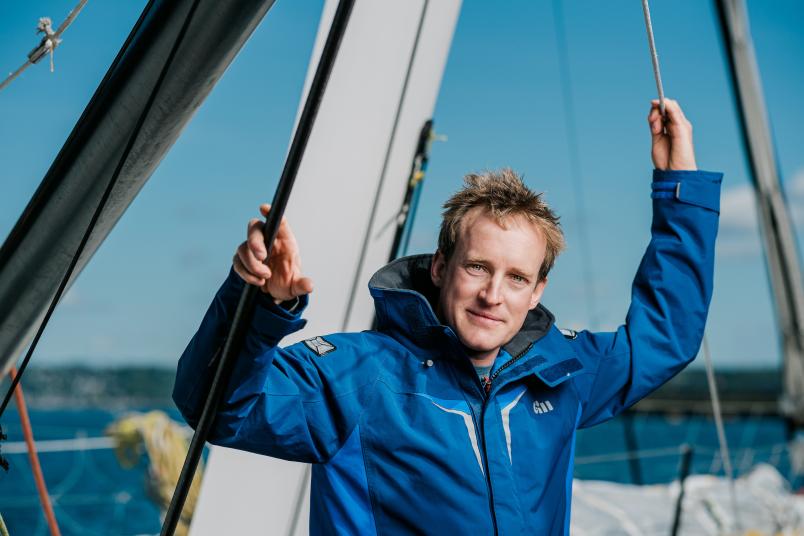
The next few weeks could be crucial for Colman as he prepares for the new season, hoping for that serendipitous meeting that could spell the beginning of a new era in his career, one that could include not only the next Vendée Globe but the next Ocean Race too. After his experience working on the last Volvo Ocean Race, he has been watching this event carefully and he has been impressed.
“I think it’s an incredible first edition that really shows the potential,” he said. “People have frequently criticised the move to IMOCA, because they predicted the boats would be all spread out and there would be no action on the water, particularly coming from the one-design era. But, in fact, it is even closer than what we saw last time around.
“Never have we seen four boats in sight of each other at Point Nemo – that’s absolutely ground-breaking and I think it’s wonderful,” he added.
“The race is a great window into what we do, and it’s awesome having media men and women on board IMOCAs. Visually it has been incredibly dramatic and the narratives of getting to know the individual sailors on board, but also the dramas of keeping the boats in one piece, have been fantastic.”
